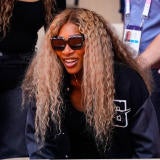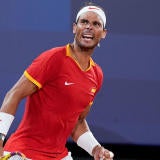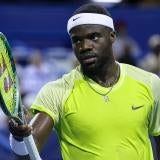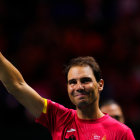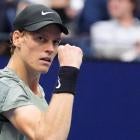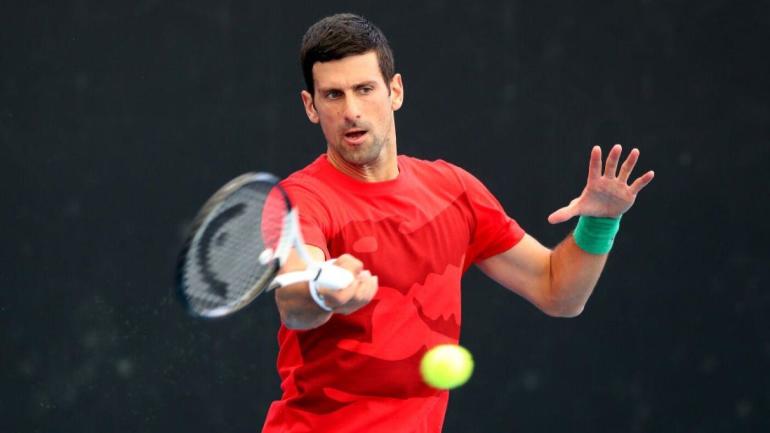
In the days leading up to last year's Australian Open, then-world No. 1 Novak Djokovic had his visa cancelled and was subsequently deported after he refused to comply with the country's COVID-19 vaccine mandate.
But in the year that has passed since then, things have changed. A change in government has resulted in Australia dropping its vaccine mandate for foreign travelers, and Djokovic's three-year ban from the country was overturned in November. As such, a Friday exhibition match between Djokovic and Nick Kyrgios served as a welcome back for the nine-time Australian Open champion, one in which he received a rousing reception from the home crowd.
"I was very emotional, honestly, coming into the court, with the reception that I received. I didn't know how that's going to go after the events of last year," Djokovic told reporters on Saturday. "I'm very grateful for the kind of energy and reception, love and support I got last night."
Emotions were, indeed, a strong part of Djokovic's much-ballyhooed return to Australia. In a recent interview with Channel 9, Djokovic shared that he felt the media had turned him into "the villain of the world" for not getting a COVID vaccine, instead seeking a medical exemption to enter the country.
However, Djokovic -- now the No. 5 player in the world -- stressed that he does not hold any feelings of resentment against the nation despite his treatment by authorities.
"If I do hold the grudges, probably if I'm not able to move on, I wouldn't be here," Djokovic said.
Now back in the Australian Open, Djokovic has an opportunity to win his 22nd Grand Slam title, which would once again put him even with contemporary Rafael Nadal on the all-time list. While Djokovic has been nursing a hamstring injury, the 35-year-old Serb said that the injury is "hopefully" not a major concern.




